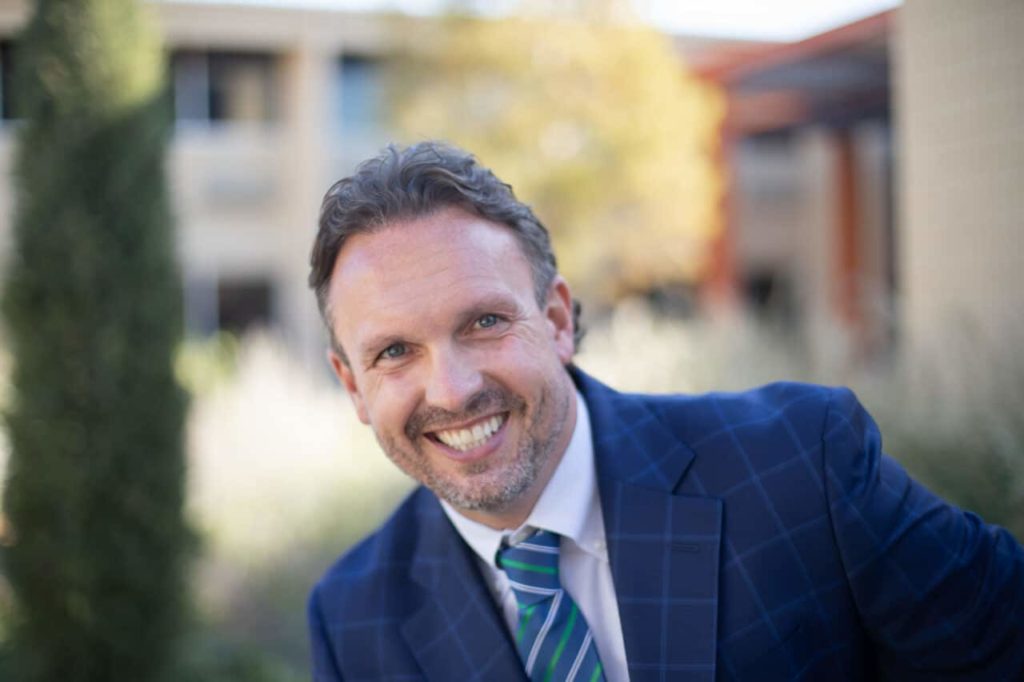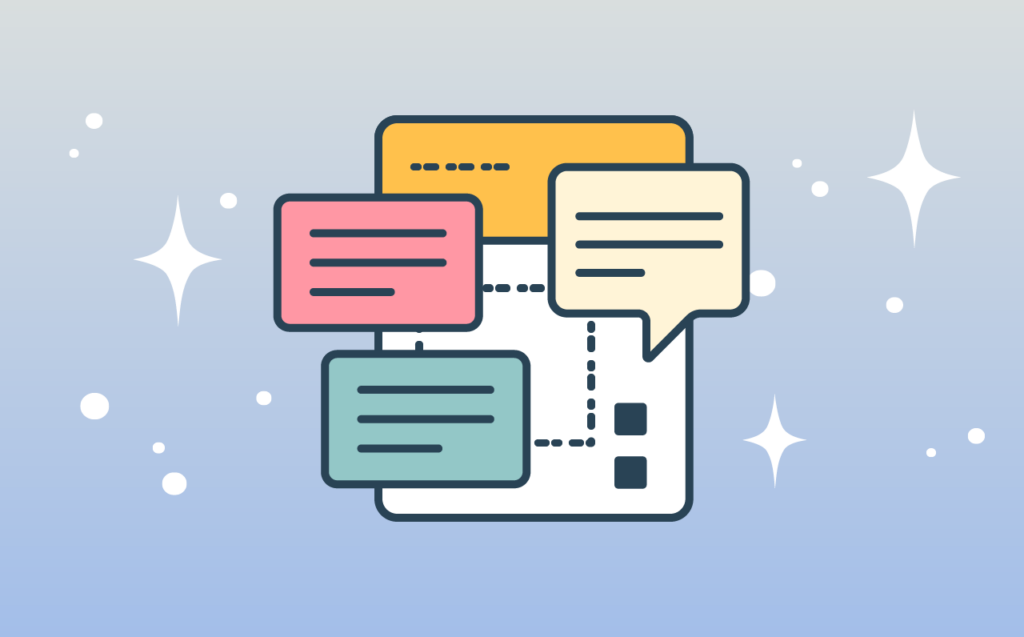Josh Cantwell is the Chief Operating Officer of GRAND Mental Health
Last month, I had the privilege of speaking at Eleos Health’s Pennsylvania Technology Innovation Luncheon, alongside the likes of Susan Blue (CEO & President of Community Services Group), Andrew Schmitt, LCSW (Director of Outpatient Services at Gaudenzia), Dror Zaide (Eleos’ Co-Founder and General Manager) and Dennis Morrison, PhD. There were about 30 behavioral health leaders in attendance from around Pennsylvania, all deeply committed to improving the well-being of their communities.
GRAND Mental Health is based in Oklahoma, and we’re in the early stages of implementing Eleos. I was invited to join this Pennsylvania event to speak about the innovative work we’re doing to help our community in Oklahoma manage mental health crises and reduce inpatient hospitalizations, as profiled in this article.
I appreciated the opportunity to discuss some of the factors complicating our nation’s mental health crisis. Our discussion at the event touched on a number of topics, but one issue continued to rise to the surface: staffing.
In mental health, there’s a national talent shortage. As providers of community mental health services, we are constantly managing staffing demands- recruiting new employees, increasing current employee satisfaction, and achieving greater impact with fewer staff.
But the competition for clinicians is continuing to increase, so I believe it’s time for community mental health organizations to throw out the old playbook and try something new.
Community Mental Health: Doing More with Less
At GRAND, we are five years into our life cycle as a Certified Community Behavioral Health Clinic (CCBHC), and like most community providers, we place a high priority on increasing access to services. Though there is a significant geographic distance between our Community Mental Health organizations, Susan Blue and I are facing nearly identical challenges in tackling the issue of access.
In the aftermath of the pandemic, there was a sudden global shortage of labor. This shortage wasn’t just in mental health; people in every industry took a step back and asked themselves, “what am I doing with my life?” In our industry alone, we saw a 35% turnover rate at the peak of the pandemic. Meanwhile, mental health startups were gaining traction, leading to increased competition for clinicians.
Here’s how the math breaks down for us in terms of staffing needs: GRAND currently serves around 13,700 clients. In order to make any significant progress on health outcomes in the next five years, that number must increase to 27,000. The bottom line is that we’ll need 4,000 employees instead of the 2,000 we’re currently employing to adequately provide access to our communities.
The truth is that mental health clinics like GRAND are competing with everybody for qualified clinicians. We have managed care organizations coming into our state for the first time in 20 years that are hiring clinicians. We have schools that are hiring clinicians. We have hospital systems that are hiring clinicians. And we have tech companies that are hiring clinicians.
In a market like this, how does a traditionally underfunded, relatively unglamorous setting like community mental health stay relevant?
The answer lies with cutting-edge technology like Eleos: community mental health must incorporate innovations that allow clinicians to work fewer hours- and accomplish more with those hours.
New Challenges Call For New Solutions
For decades, there has been an unchallenged status quo in community mental health about acceptable practices for tackling mental health issues. The model, the approach, and the methods have remained relatively unchanged. But if we want our impact to grow, we’re going to have to make a big change in how we think about innovation- especially when it comes to new technologies.
It’s time for a philosophical shift in the thought process for problem-solving.
It’s time to start reverse engineering how we make decisions.
And it’s time to start with the outcome in mind.
The magic question for community mental health organizations who are committed to making a dent in the mental health crisis is, “What could this look like?”
Because that’s truly what we’re trying to accomplish: a real impact through community-based clinics, and we’re not taking no for an answer. Our communities are at stake. We need to start from scratch and employ every strategy that’s at our fingertips to reach our goal.
That’s where partnerships with companies like Eleos are going to play a key part. With Eleos, we can pull in software to do collaborative documentation within a session- freeing up clinicians’ time, and allowing them to focus on what they do best. It’s a true “clinician extender,” allowing our clinical staff to do their jobs so much more efficiently that we can’t afford to ignore its potential.
The Time is Now
I’d be remiss if I didn’t point out the urgency of this evolution in mindset. Unless we use technology to keep up with the rapid changes in the industry, we will fall behind immediately. We will no longer be able to compete for staff, maintain employee wellness, or fulfill the mission of our organizations.
Often, we think of technology as trailblazing. We view innovation as an opportunity to be the first, to push our organizations into the future. But with tools like Eleos, the time for leading is long gone. The community mental health field has an obligation to its staff and to its communities not to fall behind, and it’s likely that within the next couple of years, organizations without this technology will be outdated and unable to compete.
But it’s not yet too late. Those of us who lead community mental health organizations are faced with a unique opportunity to shift the course of our industry, and with it, the future of our communities. Technology like Eleos will be essential to maximizing this opportunity. I look forward to implementing it to make my clinicians’ work easier and to attract talented individuals- and I urge other organizations to take advantage of these tools as they work to improve and save lives.

